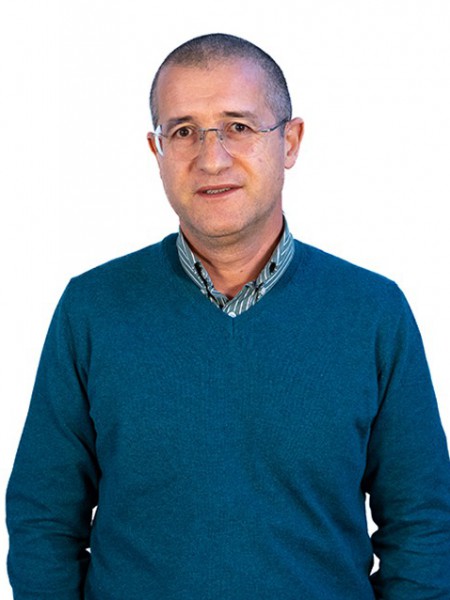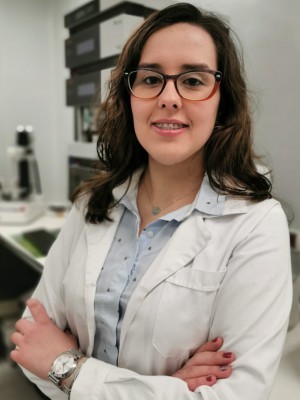abstract
The design of eco-friendly active food packaging systems based on biobased polymeric materials is a growing field of research because of the pressing concern for sustainable development. Herein, monolayer ternary thermoplastic films composed of poly(lactic acid) (PLA), gallic acid (GA, 2.5% w/w relative to PLA), and a plasticizer (poly(ethylene glycol) [PEG] or epoxidized linseed oil [ELO], 5.0 and 7.5% w/w relative to PLA) are prepared via melt-mixing followed by compression molding. The ensuing plasticized and self-standing PLA/GA films are translucent and have good mechanical properties (Young's modulus similar to 2 GPa) and welding performance. The incorporation of GA yields films with ultraviolet-light barrier properties (transmittance below 40%, 200-400 nm), antioxidant capacity (radical scavenging activity above 94%), and antibacterial activity against the methicillin-resistant strain of Staphylococcus aureus (minimum of 3-log reduction colony forming units mL(-1)). These thermoplastic films are easily degradable via enzymatic degradation with proteinase K from Tritirachium album, reaching weight loss values of 100% after 9 days. The films plasticized with PEG present slightly better antibacterial action and enzymatic degradation, whereas those plasticized with ELO exhibit marginally higher surface hydrophobicity and thermal stability. Thus, the combination between PLA and GA yielded biobased films with bioactive properties that have potential for application in active food packaging.
keywords
RESISTANT STAPHYLOCOCCUS-AUREUS; GALLIC ACID; BIOBASED PLASTICIZERS; POLYLACTIC ACID; PULP FIBERS; PLA; COMPOSITES; BEHAVIOR; AGENTS; ANTIOXIDANT
subject category
Polymer Science
authors
Karamysheva, A; Silva, JM; Facchinatto, WM; Braz, MD; Almeida, A; Silvestre, AJD; Freire, CSR; Vilela, C
our authors
Projects
CICECO - Aveiro Institute of Materials (UIDB/50011/2020)
CICECO - Aveiro Institute of Materials (UIDP/50011/2020)
Associated Laboratory CICECO-Aveiro Institute of Materials (LA/P/0006/2020)
Engineering self-propelled cellulose-based Janus microrobots (Cell4Janus)
acknowledgements
Fundacao para a Ciencia e a Tecnologia,Grant/Award Numbers: UIDB/50011/2020, UIDP/50011/2020, LA/P/0006/2020, UIDB/50017/2020, UIDP/50017/2020, LA/P/0094/2020, 2020.06571.BD, CEECIND/ 00464/2017, 2021.01571.CEECIND, PTDC/ BII-BIO/1901/2021; Agencia Regional para o Desenvolvimento da Investigacao,Tecnologia e Inovacao, Grant/AwardNumber: CENTRO-01-0247-FEDER-113565








